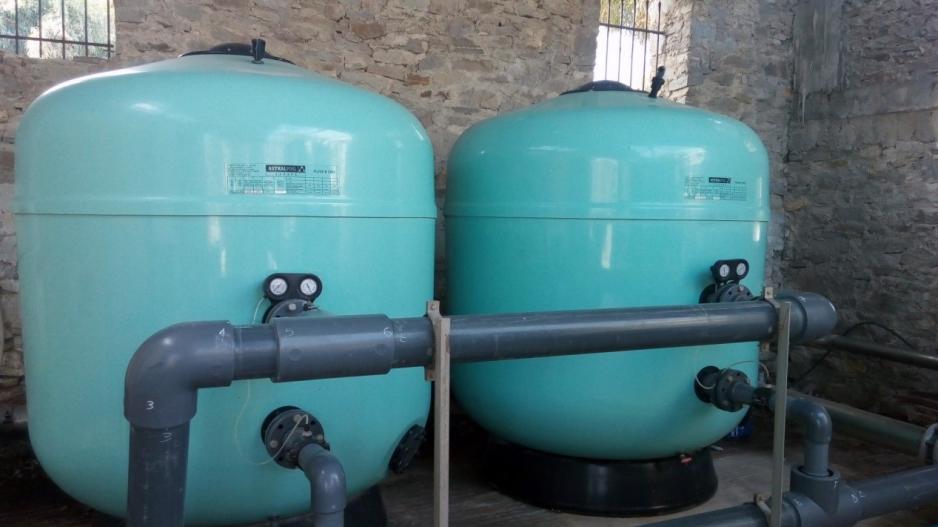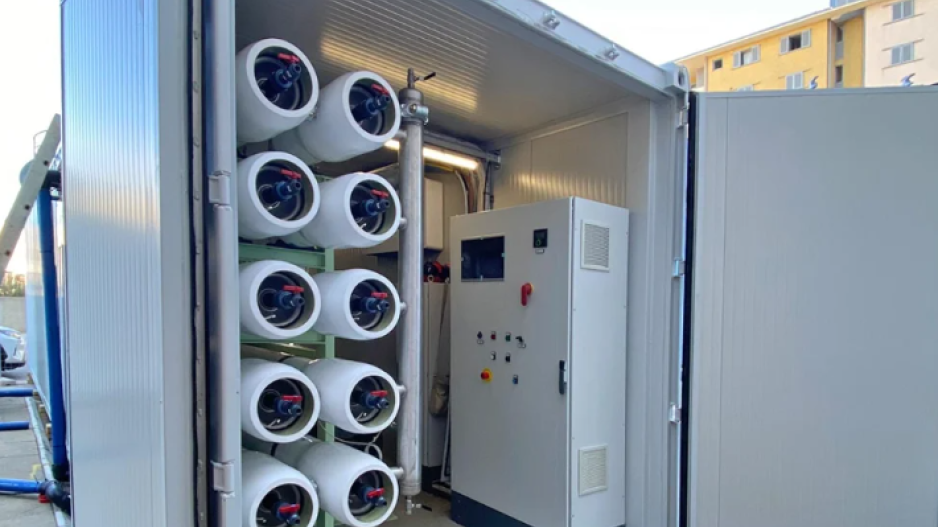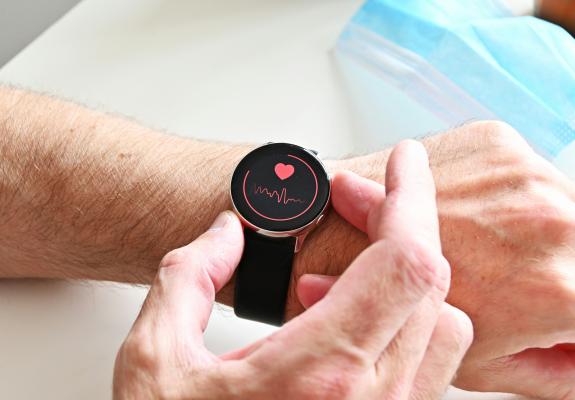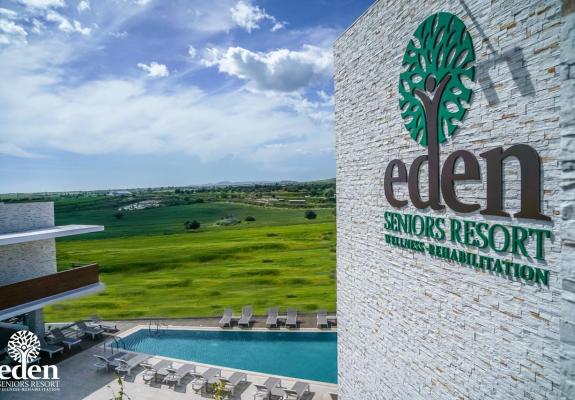What to Know About Cyprus’s Subsidy Scheme for Hotel Desalination Units
Government Offers Up to €550,000 to Tourism Facilities for Private Desalination Systems as Drought Conditions Worsen
As Cyprus faces mounting water scarcity amid prolonged drought conditions, the government has rolled out a new strategy to ease the pressure on state water supply systems—chief among them a subsidy scheme to support the installation of small private desalination units in hotel and tourism facilities.
The scheme, announced by the Water Development Department following a Cabinet decision on March 26, 2025, offers financial aid of up to €550,000 to hotels for the installation of private desalination systems capable of producing up to 1,500 cubic meters of water per day. The aim is to help tourism businesses become self-sufficient in water supply, particularly for drinking water, thereby reducing demand on state resources.

As part of the broader emergency measures adopted by the Cabinet to address the deepening water crisis, the licensing process for such units has been simplified. Eligible applicants—hotels, golf courses, agricultural enterprises, and other facilities—can now receive a desalination license within one week, with the Water Development Department currently accepting applications.
Two types of installations are eligible for support:
-
Individual hotel desalination units, eligible for subsidies ranging from €65,000 to €300,000 depending on their capacity.
-
Group desalination units, where multiple hotels share a system, with grants ranging from €95,000 to €550,000.
The grants cover not only the desalination equipment but also essential infrastructure such as seawater intake pipelines, brine disposal systems, or coastal boreholes.
For hotels situated near swimming areas or protected coastal zones, the guidelines recommend non-intrusive seawater extraction methods (e.g., existing ports, marinas, or buried pipelines) to minimize environmental impact.
The initiative comes at a time when the country's water losses through outdated distribution systems are estimated at 35-40%. To address this, the government is investing €8 million in local District Organizations to upgrade their infrastructure, with priority given to projects that can be completed within a year and have significant impact. An additional €1 million annually between 2025-2027 will also be allocated to support water access projects in remote communities.
During a joint press conference, Agriculture Minister Maria Panayiotou and Deputy Minister of Tourism Kostas Koumis stressed the urgency of the situation, especially in Paphos and Limassol, the regions most at risk from current drought conditions.
Eligible applicants must first complete the simplified licensing process and obtain a water extraction permit from the Water Development Department. Once approved, they may submit a grant application either by hand or courier, in both physical and digital formats.
The maximum de minimis aid allowed under EU rules is €300,000 per single business over a three-year period. Any enterprise must ensure that it complies with this cumulative threshold if receiving public funds from other sources as well.






